Coaching and therapy – bedfellows or strangers?
Can, and should, coaching clients who simultaneously receive therapy keep on coaching? It’s a huge and nuanced question and one we won’t answer in a blog, however, it’s worth starting conversation. Given the statistics on mental health, it seems likely that many coaching clients would have a therapist, whether the coach knows it or not. It’s an important topic that has arisen with both my coaching and supervision clients. Do you politely walk away or step forwards?
When I was looking at this topic a couple of years ago there was very little written about their co-existence, with discussion in coaching research and guidance from professional bodies being focused on the boundary between coaching and therapy. The exception to this appeared to be in the field of health coaching where Jordan and Livingstone concluded it can be a valuable collaboration in providing integrated care. Professor Tatiana Bachkirova also considers the overlap with counselling and psychotherapy and coaching, concluding that both can co-exist, if the mental health of the client is attended to in the relevant therapeutic setting.
This is my experience from talking to research participants. Out of a study of 5 coaching clients, four were receiving both coaching and additional support outside of work and they talked of the interaction and different benefits and shortfalls. They described a range of relationships from ‘synthesis’ to very separate interventions providing very distinct outcomes. These four clients may not represent the wider population (all were in the study because of stressful events at home which might warrant therapeutic support). Nevertheless, their experience tells us, that the two interventions provided different services, with different purposes – one deeper and longer term and one, in their cases, focused on their effectiveness at work (which had in part been impacted negatively by home events). In one case study, the client wanted to work on how to best manage stakeholders, whilst, she disclosed, she was working on her confidence with her therapist.
Unsurprisingly, when the research participants compared the coaching to their other interventions, goal-setting and action were identified as differentiating factors. Of further interest, was how a clients’ resourcefulness increased from their non-coaching intervention and changed their ability to engage with the coaching. One coachee described how being open with his therapist meant he could be open with his coach, despite discussing very different (although related) topics. Another described how she had a space to be emotional with her therapist and therefore could draw her boundary tighter with her coach.
In my mind, their experience supports the idea of thinking of boundaries systemically, multi-layered and moving. With this systemic view, the coach can be reminded that they play but one role in their clients’ system. I believe this can help prompt coaches not to step beyond their capabilities and the client contract in responding to the pressure to fulfil all roles within the system – whether than be coach, semi-therapist, manager, friend and so on. Exploring the systemic nature of coaching boundaries is a topic for rife for further research, as is studying the interaction between coaching at work and simultaneous therapeutic and supportive interventions. Hopefully however, this has provoked some reflection enroute.
References:
Bachkirova, T. (2008) ‘Role of coaching psychology in defining boundaries between counselling and coaching’ in Palmer, S. and Whybrow, A. (ed.) Handbook of Coaching Psychology. Hove: Routledge, pp.351-366.
Duncan, C., 2020. Silence and Disclosure: A Transcendental Phenomenological Study into the Experience of Workplace Coaching whilst facing Stressful Life Events at Home. International Journal of Evidence Based Coaching & Mentoring, S14.
Jordan, M. and Livingstone, J.B. (2013) ‘Coaching Vs. Psychotherapy in Health and Wellness: Overlap, Dissimilarities, and the Potential for Collaboration,’ Global advances in health and medicine, 2(4), pp. 20–7.
One in four people will experience mental illness – Rethink Mental Health www.rethink.org.uk
